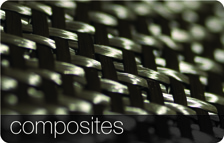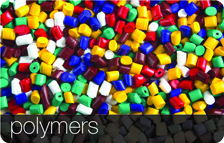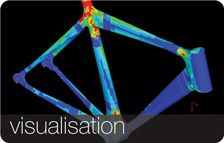Within Northern Ireland we have a range of successful companies who utilise metallics on a daily basis within their business across a range of sectors including Aerospace, Automotive, Industrial, Defence and Power Generation to name a few.
The economic landscape has changed dramatically and the world metal markets have been changing accordingly under pressure from new producers (particularly within emerging economies) and consumers. This dramatic increase in production within emerging economies like China is accelerating the consumption of natural resources (coal oil and gas) at an exceptional pace. This is putting unprecedented pressure on commodity prices which have reached record levels as a result.
Within the UK and Europe, the competiveness of the metals industry is based upon our strengths in introducing value added factors through integration, organisation, efficiency, skilled manpower, quality of production and innovation.
Even though we are capable of introducing a range of high value added factors, we are still under the limitations linked to raw material and energy costs, availability of resources, cost of manpower and regulations, which is similar to the limitations experienced within the composite and polymer sectors. To ensure that we remain at the forefront of the metallics sector, as laid down by both the Lisbon Agenda and the new Strategy 2020 document, we need to focus more on innovation and R&D in order to overcome the challenges of the current economic climate.
Specific innovative technology challenges within the area of metallics that NIACE has identified are:
- Development of new alloys with very high formability at low temperature
- Exploration into the formation of new alloys such as magnesium alloys
- Methods to manufacture bulk quantities of nanocrystalline alloys
- Developing methods of joining composites to metallic
- Thermodynamic models
In conjunction with its industrial participants and research partners NIACE provides the facilities to
begin addressing these challenges.





